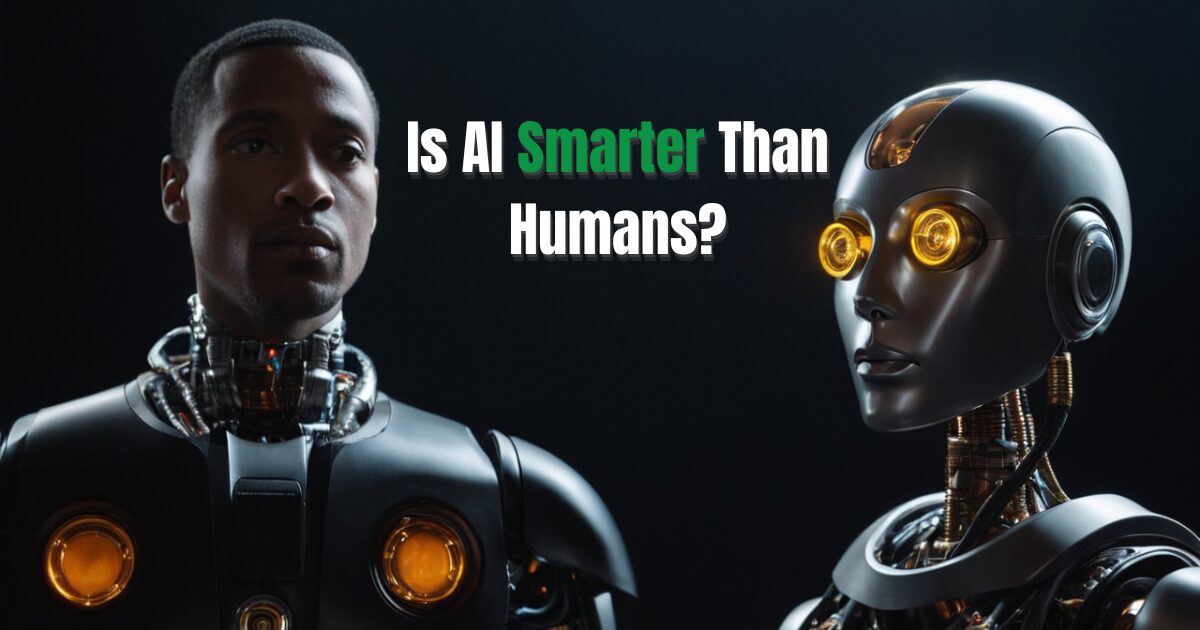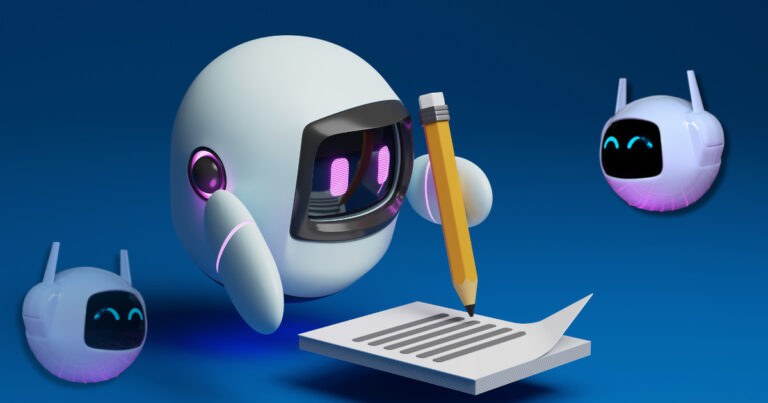
The answer to this question is not straightforward. AI excels in specific tasks, especially those involving data processing, pattern recognition, and executing predefined algorithms. However, human intelligence encompasses a broader range of capabilities, including creativity, emotional understanding, and adaptability.
Knowing AI and Human Intelligence
AI systems are designed to perform specific tasks by processing large amounts of data, identifying patterns, and making decisions based on that data. They are particularly effective in areas like data analysis, repetitive tasks, and problem-solving within defined parameters.
Human intelligence, on the other hand, is more versatile. It includes emotional intelligence, the ability to understand and respond to emotions, creativity, and the capacity for abstract thinking. Humans can adapt to new situations, understand context, and learn from a wide range of experiences.
Comparing AI and Human Intelligence
| Aspect | Artificial Intelligence (AI) | Human Intelligence |
|---|---|---|
| Nature | Created by humans, AI is a simulation of human intelligence in machines. | The innate ability of humans is developed and enhanced through learning and experience. |
| Learning | AI learns through data input, algorithms, and continuous programming. | Humans learn through experiences, emotions, and sensory input. |
| Adaptability | AI can adapt to new tasks if programmed or trained accordingly. | Humans naturally adapt to new environments and situations. |
| Processing Speed | AI can process vast amounts of data at incredible speeds. | Humans process information slower than AI but with a deeper understanding. |
| Creativity | AI’s creativity is limited to its programming and cannot truly innovate. | Humans possess innate creativity and can think abstractly and innovatively. |
| Emotional Understanding | AI lacks emotional intelligence and cannot empathize. | Humans naturally understand and express emotions, leading to empathy and social interactions. |
| Problem-Solving | AI solves problems based on data and set algorithms. | Humans use intuition, creativity, and rational thinking for problem-solving. |
| Experience-Based Learning | AI can learn from past data but doesn’t experience or perceive it. | Humans learn and grow from personal experiences and perceptions. |
| Decision Making | AI decisions are based on data analysis and predefined criteria. | Human decisions are influenced by emotions, experiences, and rational thought. |
| Error Rate | AI can have lower error rates in repetitive tasks and data analysis. | Humans can make errors but learn from them to improve future decisions. |
| Flexibility | AI is typically designed for specific tasks and lacks general flexibility. | Humans can perform a wide range of tasks with general intelligence. |
| Ethical and Moral Judgment | AI does not possess ethical or moral understanding. | Humans can make judgments based on ethical and moral standards. |
| Improvisation | AI follows programmed responses and lacks spontaneous improvisation. | Humans can improvise and adapt spontaneously in unexpected situations. |
| Contextual Understanding | AI may struggle with understanding context in complex situations. | Humans excel at understanding context and nuances in diverse scenarios. |
While artificial intelligence (AI) excels in processing speed, accuracy in repetitive tasks, and handling large datasets, it lacks the emotional intelligence, creativity, and ethical judgment inherent to human intelligence. Humans possess a unique ability to learn from experiences, empathize, and make decisions influenced by a complex blend of emotions, ethics, and rational thought.
AI is a powerful tool created and enhanced by human intelligence, but it cannot replicate the depth and breadth of human cognition and understanding. The synergy of AI and human intelligence has the potential to address complex challenges, but the distinct qualities of human intelligence remain irreplaceable and important in our world.






